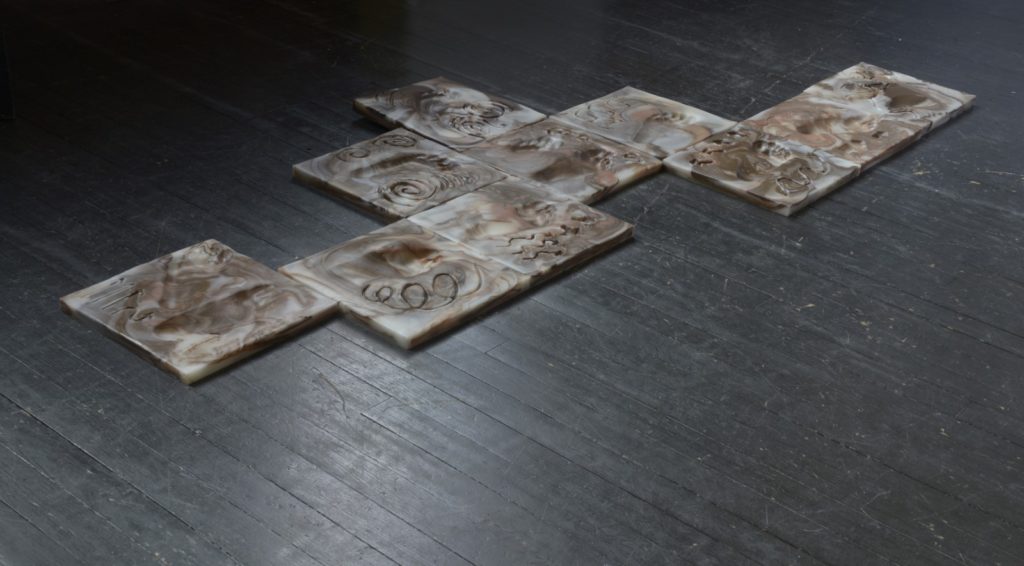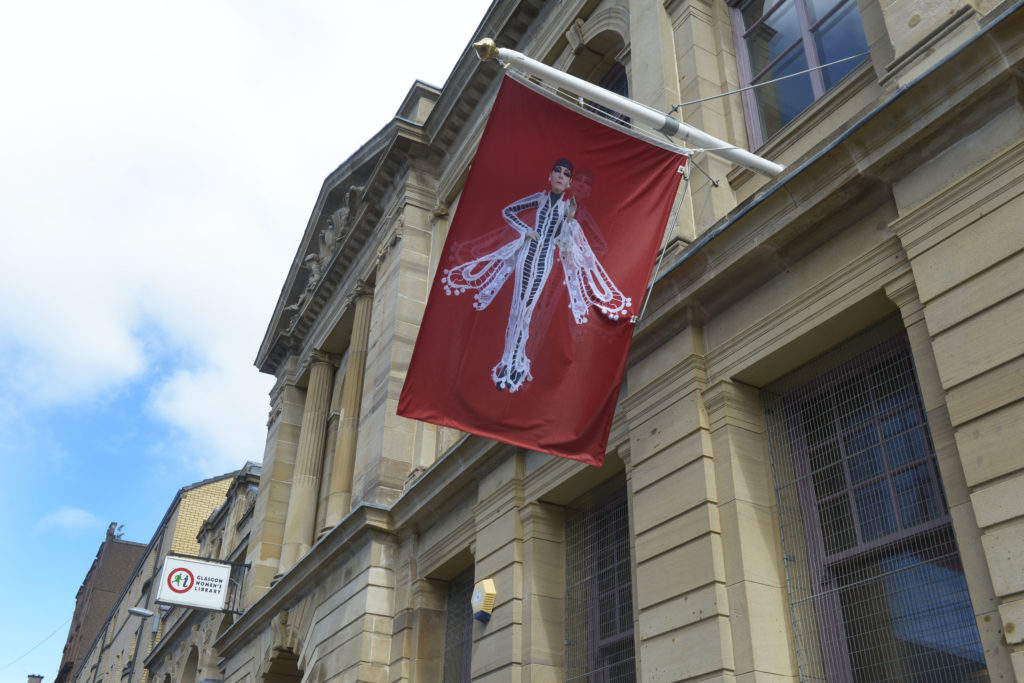Life Support: Forms of Care in Art and Activism
The Exhibition
From the beginning, research by the Life Support team has been shaped by a fascination with alternative ways of living and organising. In exploring this fascination, the team were compelled to ask a series of questions. What support do we need to stay alive? Who gets this support, and who is left in the cold? We know people can pursue this ‘life support’ via activism, strikes and protest, but what about ritual, utopianism, alternative spaces and domesticities? How might housing, rent struggles, anti-gentrification and anti-racist organising overlap with ecological concerns, queer imaginaries and intersectional feminisms? How have artistic and political communities of care challenged private and state attempts to control whose lives get support? These questions may have been developed before Covid-19 reshaped our lives, but their vitality has only increased over the past 18 months. The exhibition considers these questions from multiple angles, spanning different media and processes. These range from the abstract and organic sculptural forms of the artist Veronica Ryan, whose work explores states of containment, salvage and remembrance, to If You Lived Here…, Martha Rosler’s living archive of materials relating to international housing struggles. First displayed at the Dia Art Foundation in 1989, this exhibit within an exhibit contains work by a host of artists, including Greer Lankton, Peter Dunn and Loraine Leeson, and Shona Macnaughton. It incorporates a display of photographs by Franki Raffles – whose archive is held in the University of St Andrews Photographic Special Collections – curated by Rachel Boyd and Weitian Liu, and a video lounge featuring works by Downtown Community Television Center, Tony Freeth, Janet Koenig and ManSee Kong, among others. The artists Alberta Whittle and Olivia Plender have both created new commissions for the exhibition, with Whittle contributing an interactive floor sculpture which is displayed alongside recent film works and digital collages and Plender making an installation designed to welcome and comfort users in the GWL’s Community Room.Glasgow Women’s Library: Celebrating 30 Years
Life Support takes its cue from the storied history of the GWL. Inhabiting diverse spaces across the Library building, the exhibition considers how artists and activists have explored and challenged experiences of care, health, education, housing and home life. The history and ongoing activities of GWL are central to both the Life Support exhibition and the ongoing research it celebrates. GWL is a lending library, a museum and an archive which honours the diverse lives, achievements and creativity of women past and present. The Library’s unique collection is comprised entirely of donations, and as such is a polyphonic project, collectively held by the individuals and communities that have contributed to it over many years. Developed during the 30th anniversary year of GWL (it was founded in 1991), Life Support has been inspired by the Library’s communities and collections. GWL evolved from the activities of the arts organisation Women in Profile, which began in 1987 to ensure that women’s culture was given a platform when Glasgow was awarded the European Capital of Culture in 1990. As such, GWL grew out of grassroots organising, and has inhabited several different spaces over the years since its initial home in the Garnethill, Glasgow. Founded by artists, GWL has consistently foregrounded artistic production throughout its history. One of the first things that greets visitors to the Life Support exhibition is a display on the Welcome Wall, featuring carefully selected items from GWL archives including the Lesbian Archive and the Women in Profile archive.
Developed during the 30th anniversary year of GWL (GWL was founded in 1991), Life Support has been inspired by the Library’s communities and collections. GWL evolved from the activities of the arts organisation Women in Profile, which began in 1987 to ensure that women’s culture was given a platform when Glasgow was awarded the European Capital of Culture in 1990. As such, GWL grew out of grassroots organising, and has inhabited several different spaces over the years since its initial home in the Garnethill, Glasgow. Founded by artists, GWL has consistently foregrounded artistic production throughout its history. One of the first things that greets visitors to the Life Support exhibition is a display on the Welcome Wall, featuring carefully selected items from GWL archives including the Lesbian Archive and the Women in Profile archive.

